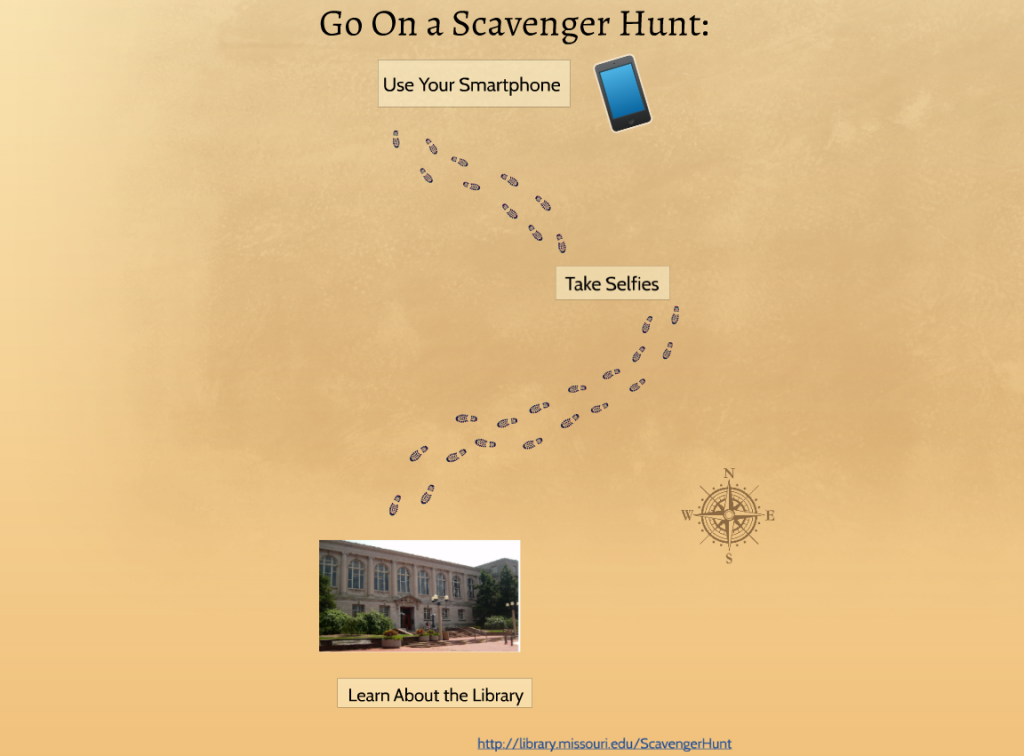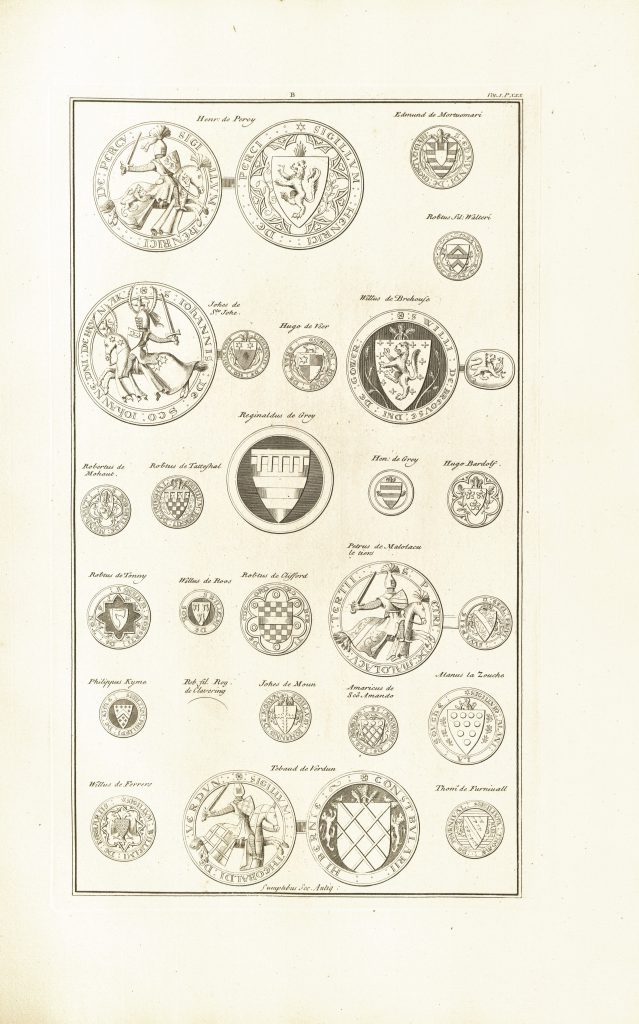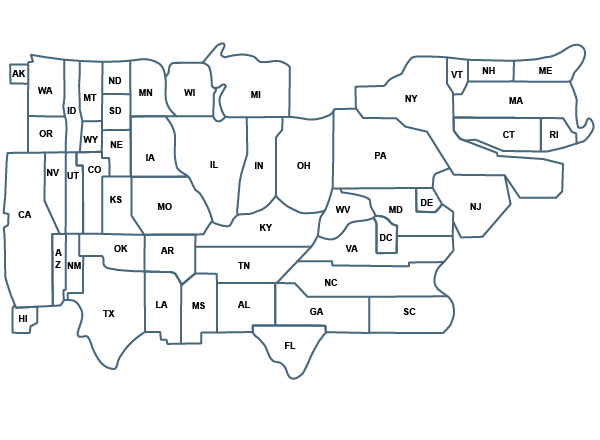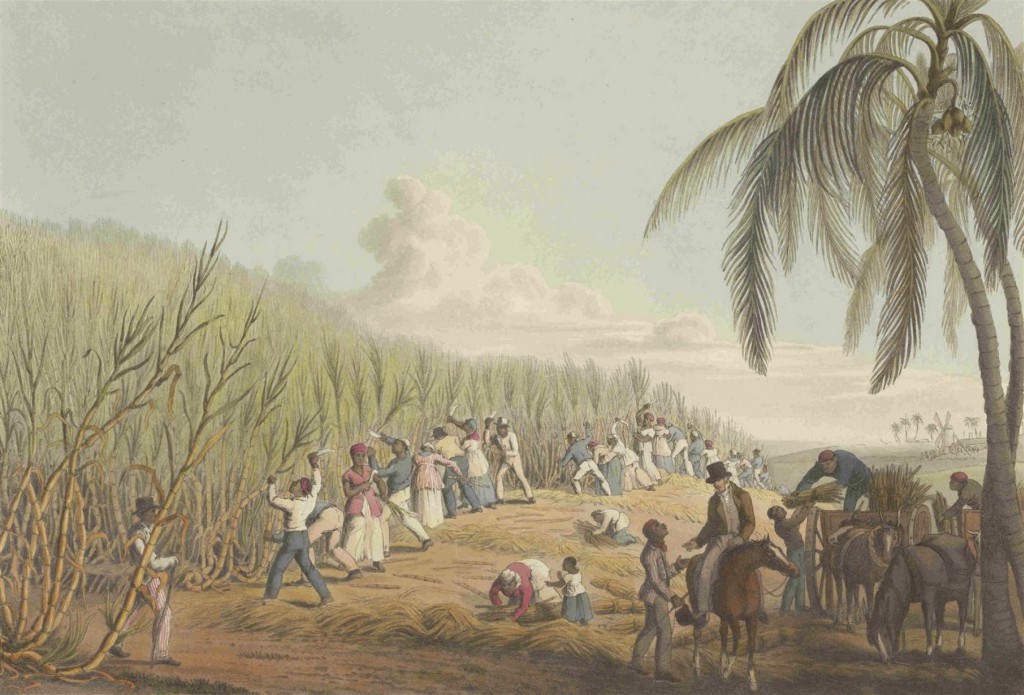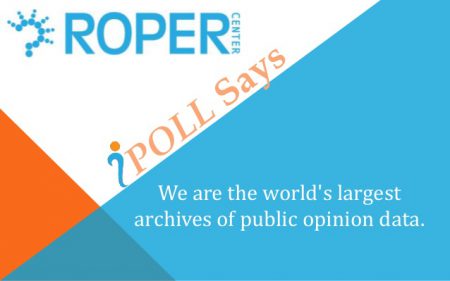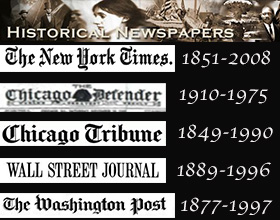iPoll is a database that focuses on public opinion polls and allows those polls to be searched in a question format, this makes this database extremely useful when trying to gather data about how public opinion has changed over time. This is made even easier when the time period that iPoll covers is taken into account, iPoll was started in the 1930s which is when surveys were first starting to be used for research. This means that you can track how public attitudes have changed on issues from the 1930s to now, for example, I searched the term “global warming” between the years of 1994-1995. I then found a question that asked whether or not people thought that global warming was a problem now or would be a problem in x number of years. The largest group that gave an answer said that they believed that global warming would be a serious problem in 50+ years, 24% of respondents believed this. I ran the same search between the years of 2014-2015 and found a survey that had asked the exact same question, on this survey 50% of respondents believed that global warming was causing an immediate problem. What a difference 20 years makes.
Tracking trends is just one thing that iPoll can do, through it you can download data, look at entire surveys, and see the breakdown of the respondents based on factors such as political affiliation, gender, and region. Sadly, this last feature isn’t available for all of the surveys, but all surveys will give a simple bar graph breakdown of the responses. If you really need the breakdown of the respondents, then you can just choose the limiter iPoll plus and you will automatically cut down your results to only the ones that have that data.
iPoll is a great resource for public opinions in the US and internationally, and with all of the options available, it should be at the top of your list when looking into public opinion.
Tips and Tricks:
-When you first enter the database, there is a list of trending topics to the left.
-Boolean Searching is available
-Wildcard/truncation is %
-Selecting a topic allows you to refine your search even more by only searching your keyword in surveys about that subject.
The iPOLL database provides access to nearly half a million public opinion survey questions on a wide range of topics.

